Parleaux Beer Lab | Alternative Modes (Pale Lager)
Alternative Modes is the name of one of Parleaux Beer Lab’s popular Lagers, but it could also just as easily double as the mantra the 5-year-old New Orleans brewery uses in their approach to brewing.
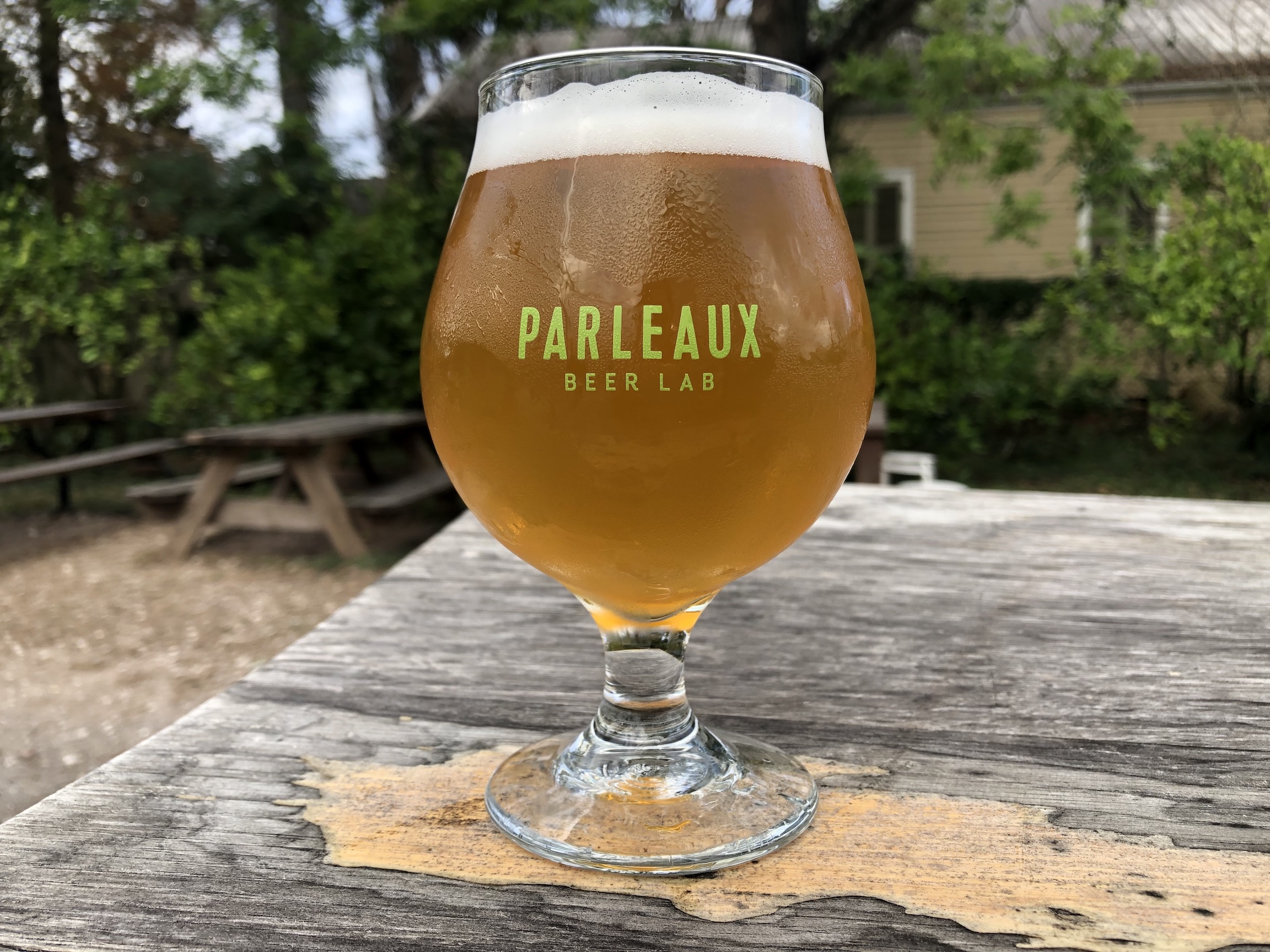
This Pale Lager—a returning favorite on Parleaux’s eclectic, fluid tap list—is an ode to all the trademarks of modern European Lagers, using different ingredients from across the vast continent to create what is an exceptional and unique offering in the New Orleans beer scene. Co-founder and brewmaster Eric Jensen said he and his team “like to get playful with recipes, while maintaining the core techniques in our Lager process,” which partly inspired the name.
As for the recipe, it began with a single hop—Contessa—which Jensen described as “a relatively new noble American hop developed by Hopsteiner that was unlike any other noble hop (Parleaux) had used.” Parleaux had previously used it in a mixed-cultured Saison, in which the hop “exploded out of the glass with green tea and pear aromas.” That, paired with its low alpha acid content, led Jensen to believe Contessa would be a perfect component in a Lager.
Like with a lot of the Lagers that Parleaux produces, Jensen used Italian Pilsner malt in Alternative Modes, giving it “a beautiful and unique honey-like malt sweetness that is present even in highly attenuated and dry beers,” he said.
“We thought it would be fun to pair that sweetness with a delicate hop that had the essence of green tea, and ferment it low and slow with our house Czech yeast strain, which has a super clean fermentation,” said Jensen, who owns the brewery with his wife, Leah.
The beer is crisp, with a soft and smooth mouthfeel that is refreshing and pairs well with a sunny afternoon in Parleaux’s neighborhood beer garden. Tucked away deep in the Bywater neighborhood, the beer garden is at once both bucolic and urban, immersed in lush foliage and located feet away from a railroad track and mere yards from the winding Mississippi River. Train and boat horns are a frequent soundtrack to the kid- and dog-friendly space.
View this post on Instagram
But even more than their treasured neighborhood hangout spot, Parleaux is revered for its Lagers, which Jensen said was not necessarily the intention when launching the brewery in 2017.
“It’s kind of funny, because when we opened Parleaux, I don’t think we set out to be known as a Lager brewery,” he said. “I actually thought we would lean more into our mixed-culture program, which we still love doing, but as time has gone on and we have evolved as a brewery, we have really just enjoyed the little idiosyncrasies of Lager brewing. Lager brewing has seemed to kind of just fit with us.”
“Plus we love to drink them,” Jensen said.
Despite the frequency of Lagers on the Parleaux taplist, the 10-barrel brewery doesn’t brew any flagship beers—it is, after all, a “beer lab” meant for experimentation. Jensen estimates that he’s produced more than 200 unique beers since they’ve opened. But this is the second time he has brewed Alternative Modes, and Jensen believes it will likely be a beer Parleaux brews once a year.
“We love this beer, but there are also a lot of other beers we love to make—new or old,” he said. “I also really love the idea of not having something available all of the time, because when it does become available again, it makes you appreciate it all the more.”
The brewery produces roughly 600 barrels a year and does limited distribution throughout the city of New Orleans, but the vast majority of Parleaux beer is sold over its own taproom bar. Parleaux’s beer garden is often buzzing with activity, whether with tourists making the brewery rounds or neighbors meeting up for happy hours. This makes the brewery feel very intimate and personal, but Jensen admitted that it comes with some limitations.
Eric Jensen, co-founder/ brewmaster Parleaux Beer Lab (New Orleans)
“Sometimes I wish we were bigger so we could offer our beer selection to a wider audience in Louisiana. At the same time, being small allows us to kind of make whatever we want and have some fun with production,” he said.
“There is also something nice and intimate about knowing a lot of our neighbors and their families, and growing with the neighborhood around us.”


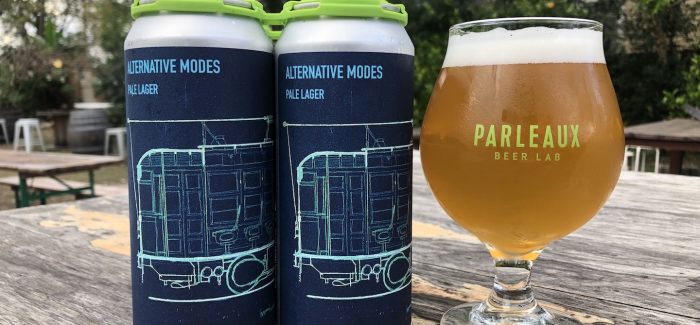

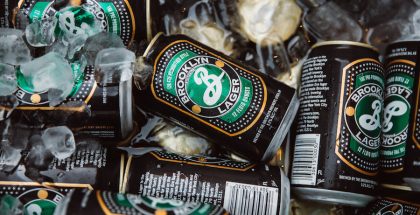
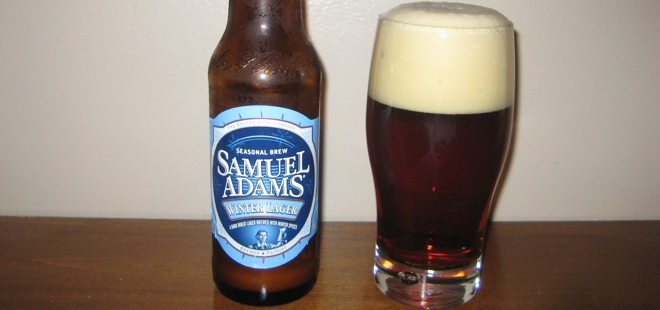
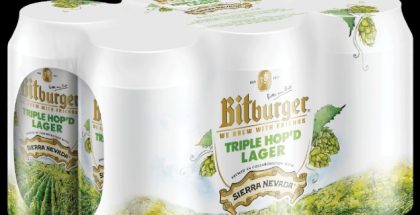
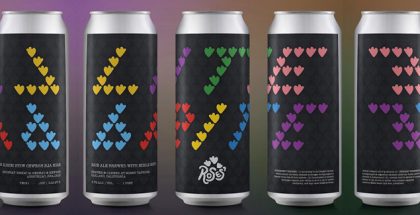
Submit a Comment